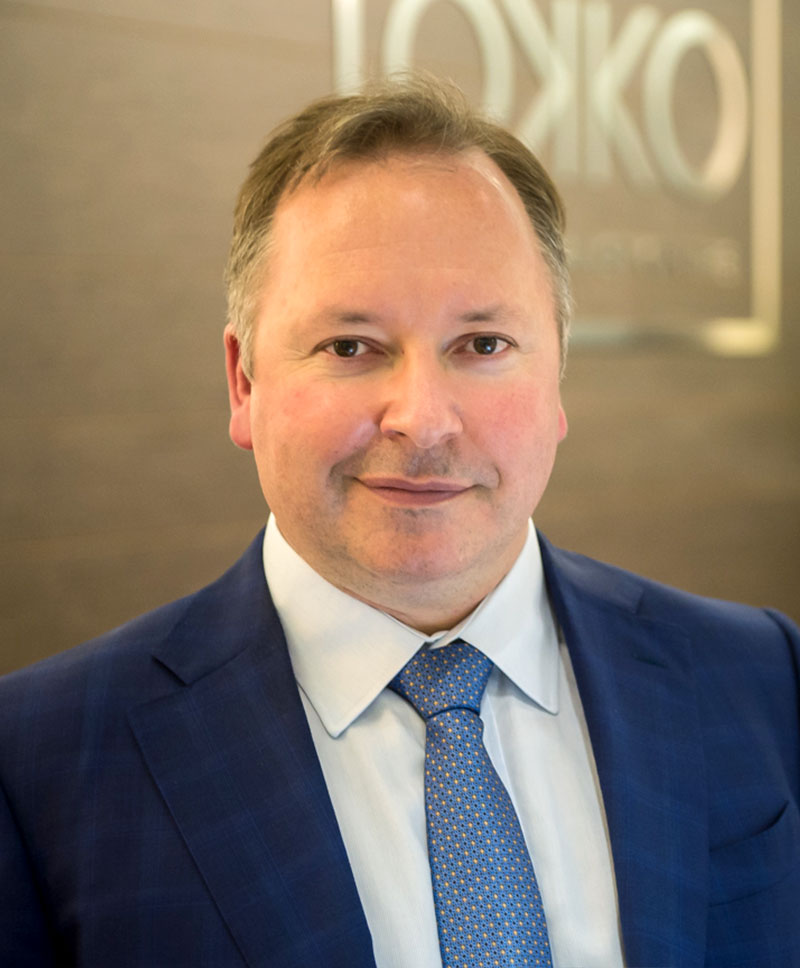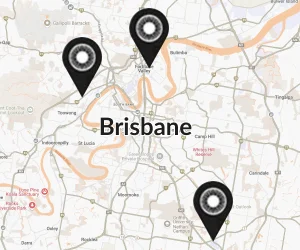
Who is eligible for PRK surgery?
Photorefractive keratectomy (PRK) is a laser eye surgery that reshapes the cornea to help correct nearsightedness, farsightedness, and astigmatism. It’s an option for people looking to reduce their dependence on glasses or contact lenses, particularly those who may not be eligible for LASIK.
In this article, we explore who is eligible for PRK surgery, what makes someone a good candidate, and how PRK compares to LASIK. If you're considering laser eye surgery, take the first step and complete our PRK suitability self-test.
Who is an ideal candidate for PRK surgery?
To be considered for PRK surgery, you must:
- Be at least 18 years old
- Have had a stable prescription for at least 12 months
- Be in good general health
- Have healthy eyes, free from conditions like cataracts, glaucoma, or severe dry eye disease
PRK is especially suited for:
- People with thin corneas who may not be good candidates for LASIK
- Those who play contact sports or work in high-risk environments (PRK doesn’t involve a corneal flap)
- People with dry eyes who want a flap-free option that may minimise long-term dryness
A comprehensive eye examination will help confirm if you meet the medical and anatomical criteria for the procedure.
Who is not eligible for PRK?
Some individuals may not be suitable for PRK if they:
- Are under 18 years of age
- Have unstable vision or changing prescriptions
- Have active eye diseases or severe dry eyes
- Are pregnant or breastfeeding (due to hormone-related vision changes)
- Have unrealistic expectations about the outcomes of surgery
Your eye surgeon will discuss your health history and examine your eyes thoroughly to make sure PRK is safe and likely to succeed in your case.
How eye shape and corneal health impact PRK eligibility
PRK works by reshaping the surface of the cornea. This makes the shape and thickness of your cornea especially important.
You may be a better fit for PRK than LASIK if:
- You have thin corneas that would not support the LASIK flap
- You have surface irregularities that can be smoothed by PRK
- Your corneal shape is otherwise normal and healthy
Your surgeon will use imaging technology to evaluate your corneal shape and thickness during the initial assessment.
Comparing PRK and LASIK surgery
Both PRK and LASIK are effective forms of laser eye surgery. Here’s how they compare:
| Feature | PRK | LASIK |
| Corneal flap | No | Yes |
| Recovery time | Longer (up to a few weeks) | Faster (a few days) |
| Post-surgery discomfort | More in early stages | Less |
| Risk of flap issue | None | Possible in some cases |
| Suitable for thin corneas | Yes | Often not recommended |
PRK may be a better choice for people with certain lifestyle needs, eye shapes, or medical conditions.
Questions to ask before PRK or LASIK surgery
Before committing to any laser eye procedure, make sure to ask:
- Is PRK or LASIK better suited to my eyes?
- What results can I realistically expect?
- How long is the recovery process?
- What are the risks involved?
- Will I need glasses in the future?
An open conversation with your surgeon will help ensure you understand your options and feel confident in your decision.
Final Thoughts
If you meet the age, prescription, and health requirements, PRK could be a life-changing solution for your vision. It offers a safe, long-term alternative to glasses and contacts, especially if you are not suitable for LASIK.
To find out if you’re eligible for PRK, take our PRK Suitability Self-Test today or book a consultation with our team.

Hi, I’m Dr. Matthew Russell, a laser and cataract surgeon
HI I’M DR. MATTHEW RUSSELL A LASER EYE AND CATARACT SURGEON
With over 15 years of experience, I enjoy the privilege of helping patients of all ages reclaim clear vision or preserve it for as long as possible.
Vision correction and high-precision cataract surgery hinge on the expertise and skill set of the provider who also has access to the most precise tools for the job. Ophthalmic surgeons like me know how to make treatment safe, comfortable and positive for the patient. They know how to minimise the risk of complications and maximise successful outcomes.
I have a passion for helping my patients enjoy the clear, high-definition vision they need to live rich and active lives. Now, I have hand-picked a team of professionals that share my passion and commitment to exceptional care.
Dr. Matthew Russell
MBChB, FRANZCO






